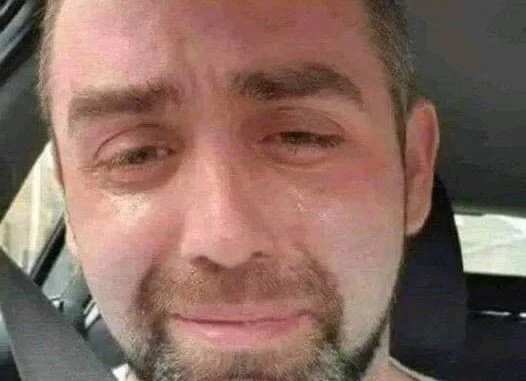
Jason Clarke, 38, was known as the dependable one. A quiet, hard-working warehouse supervisor, a loving husband, and a devoted father of two. No one suspected that beneath the calm surface, he was fighting a storm nobody could see.
Last Tuesday, Jason clocked out three hours early. “Said he had a headache,” his coworker recalled. “But he smiled. He always smiled.”
That was the last time anyone saw him alive.
A Life Full of Pressure—and Silence
Later that evening, Jason’s wife came home to find the lights off and her husband’s phone left on the kitchen counter. A note was taped to the fridge. Just one sentence:
“I tried, I really did.”
Jason had quietly been battling mounting debt, long work hours, and the emotional scars of losing his mother the year before. But like many men, he never spoke about his pain. He didn’t want to be a “burden.”
What’s worse—he had searched for help. His browser history revealed visits to mental health forums, suicide prevention pages, and loan relief services. But there were no appointments made. No calls placed.
He felt invisible.
The Hidden Crisis No One Talks About
Jason’s death is one of thousands that happen every year—not from illness, not from violence—but from silence. Studies show that men are far less likely to seek emotional support, even when they’re in crisis. And yet, they account for nearly 80% of all suicides globally.
Why? Because vulnerability is still seen as weakness. Because the pressure to “stay strong” crushes real human emotion.
“He didn’t need to die,” his brother said at the funeral. “He just needed to feel heard. He needed someone to say, ‘You’re allowed to struggle.’”
A Wake-Up Call for All of Us
Jason’s story isn’t just tragic—it’s a call to action. We need to change the way we talk about mental health, especially for men.
- Stop saying “man up.”
- Stop telling people to “get over it.”
- Start listening. Start checking in. Start making space for real conversations.
Because sometimes, the strongest people are the ones suffering in silence.
